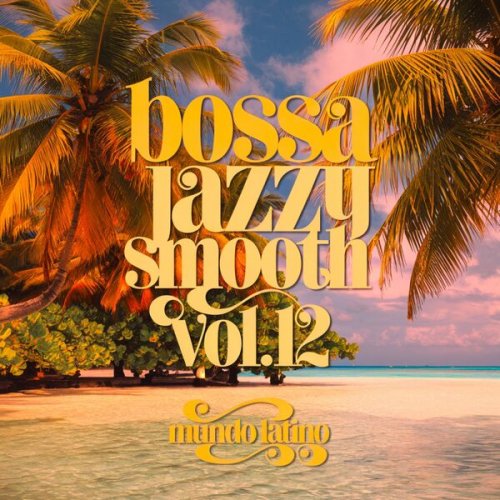Bettina Hoffmann, Modo Antiquo - Gabrieli: Complete Cello Works (2012)
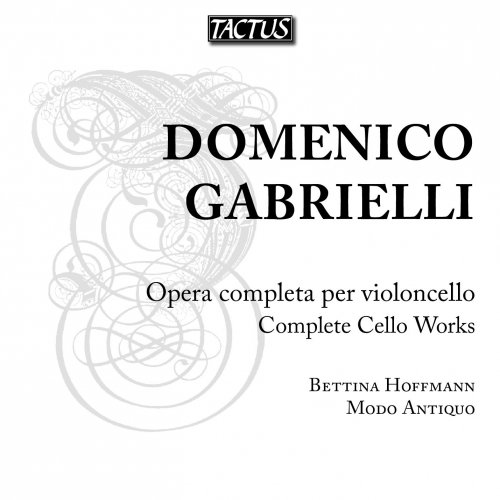
Artist: Bettina Hoffmann, Modo Antiquo
Title: Gabrieli: Complete Cello Works
Year Of Release: 2012
Label: Tactus
Genre: Classical
Quality: FLAC (tracks + booklet)
Total Time: 48:16
Total Size: 220 MB
WebSite: Album Preview
Tracklist:Title: Gabrieli: Complete Cello Works
Year Of Release: 2012
Label: Tactus
Genre: Classical
Quality: FLAC (tracks + booklet)
Total Time: 48:16
Total Size: 220 MB
WebSite: Album Preview
01. Grave
02. Allegro
03. Largo
04. Prestissimo
05. Grave
06. Allegro
07. Largo
08. Presto
09. Ricercar 1° per violoncello solo
10. Ricercar 2° per violoncello solo
11. Ricercar 3° per violoncello solo
12. Ricercar 4° per violoncello solo
13. Ricercar 5° per violoncello solo
14. Canon à due cioloncelli, uno entra una battuta doppo l'altro
15. Ricercar 6° per violoncello solo
16. Ricercar 7° per violoncello solo
17. Grave
18. [Allegro]
19. Largo
20. Presto
The life of Domenico Gabrielli was brief: born in Bologna in 1651, he died before the age of forty in 1690. Gabrielli divided his musical activities between the cello and composition.
He was without question an excellent cellist, capable of astonishing his contemporaries. Nicknamed “Minghén dal viulunzèl”, he was already employed as cellist at the basilica of S. Petronio in 1680, and was in demand as one of the foremost virtuosos on the instrument at the courts of northern Italy. This included the Estense court of Francesco II in Modena, for the duke himself was a great patron of music in general and of the cello in particular.
It was principally in his later years that Gabrielli dedicated himself to composition: in less than a decade he wrote no less than twelve operas, three oratories, and the works for cello recorded here.
He was without question an excellent cellist, capable of astonishing his contemporaries. Nicknamed “Minghén dal viulunzèl”, he was already employed as cellist at the basilica of S. Petronio in 1680, and was in demand as one of the foremost virtuosos on the instrument at the courts of northern Italy. This included the Estense court of Francesco II in Modena, for the duke himself was a great patron of music in general and of the cello in particular.
It was principally in his later years that Gabrielli dedicated himself to composition: in less than a decade he wrote no less than twelve operas, three oratories, and the works for cello recorded here.
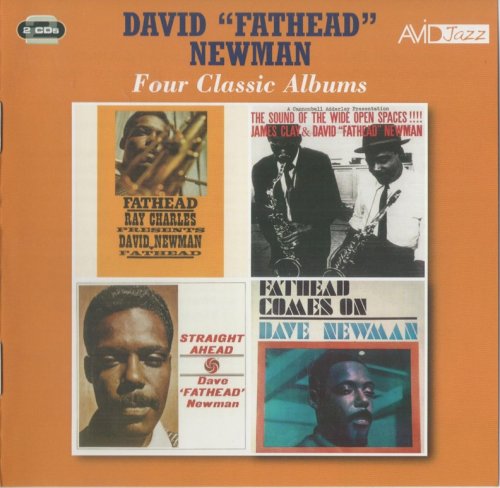
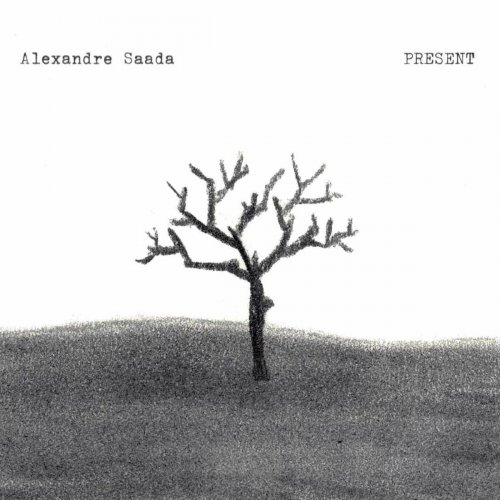
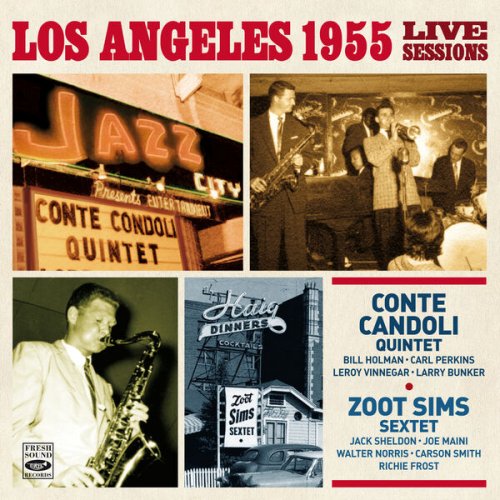
![Art Pepper - Les Geants Du Jazz: Echoes Of The Westcoast (1956-1963) [2024] Hi-Res Art Pepper - Les Geants Du Jazz: Echoes Of The Westcoast (1956-1963) [2024] Hi-Res](https://www.dibpic.com/uploads/posts/2025-01/1736586087_apew500.jpg)
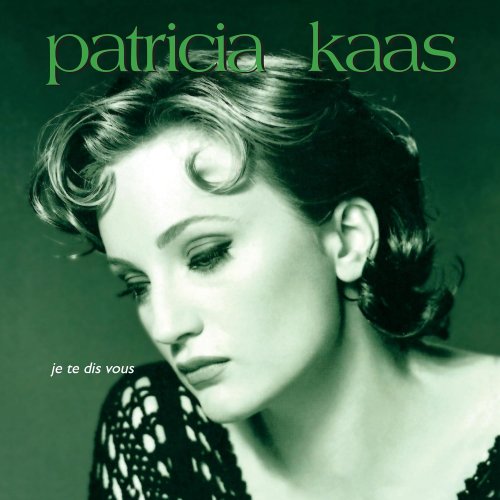


![Joséphine Baker - The Echo Of Elegance (1951) [2024] Hi-Res Joséphine Baker - The Echo Of Elegance (1951) [2024] Hi-Res](https://www.dibpic.com/uploads/posts/2025-01/1736584367_jbee500.jpg)
